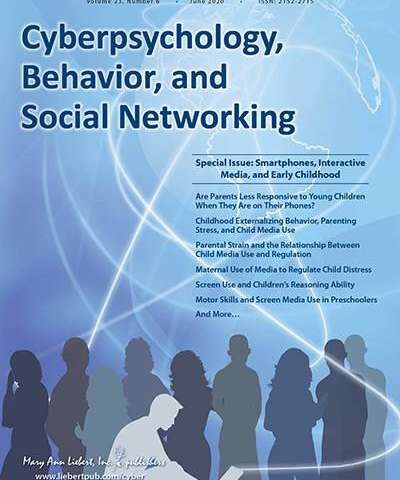
Impaired intimacy, satisfaction, and infidelity in a romantic relationship can fuel Interpersonal Electronic Surveillance (IES). IES may become the preferred method for resolving relationship issues, rather than direct communication, further reducing trust and intimacy, according to the peer-reviewed journal Cyberpsychology, Behavior, and Social Networking.
Online surveillance in relationships is a common phenomenon. Lead author Katherine Hertlein, Ph.D., University of Nevada, Las Vegas, identified the individual, relationship, and technological factors for predicting IES in romantic relationships.
“Partners may justify IES to answer questions about the relationship, enact fewer strategies to be vulnerable with one another, and increase the normalization of strategies that avoid honest, authentic conversation in interpersonal relationships,” she says.
Source: Read Full Article






